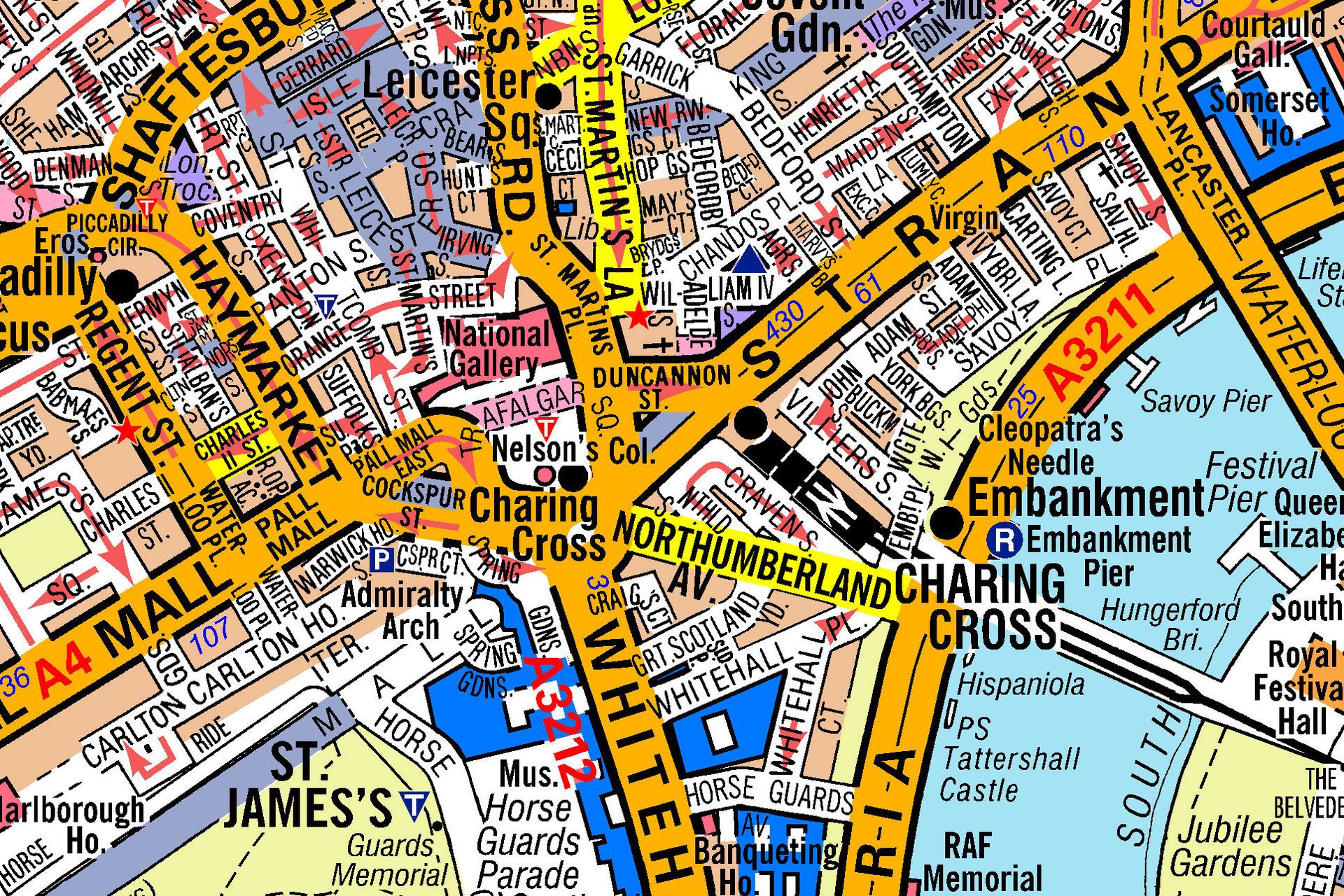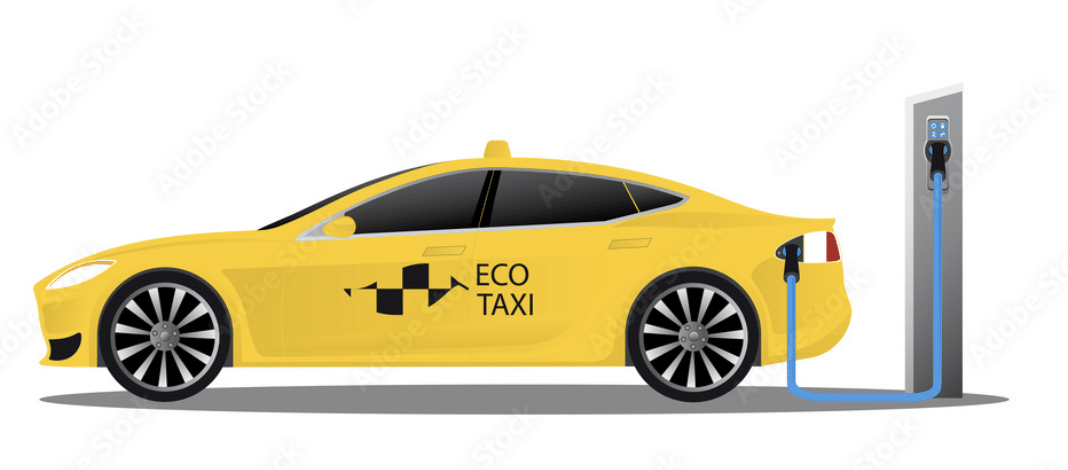Everything comes with a price in today’s economy. With the government’s push for a blanket ban on all new petrol and diesel vehicles sales by 2030 and its goal of net-zero emissions by 2050, electric vehicles are going to become commonplace on UK roads before you know it.
But what about that staggering loss of £35 billion on fuel duty? With the end of the fuel era in sight, billions worth of revenue will be lost, and the only other way to claim back that money will be to enforce taxes on electric vehicle owners.
Here we take a look at what the future may hold for electric vehicle drivers:
Poll: Electric cars vs road tax
We polled 2,500 of our customers to determine their thoughts on the £35 billion fuel duty deficit. Unsurprisingly, motorists with an electric car or van wouldn’t want to pay an additional tax (86%). In contrast, the rest (14%) would be willing to chip in to help with the fuel crisis.
What is the true cost of the ban?
In eight years time, the sale of new petrol and diesel cars will be in effect in a bid to boost the electric vehicle (EV) market. By 2035, even hybrids will be outlawed. But a significant gap will be made in the motoring market, and its repercussions could cause ripples beyond the industry.
EV drivers currently don’t have to pay either fuel duty or road tax, but in the government’s move to eradicate pollutants from UK roads, there will be a £35 billion deficit a year unless these gaps are addressed. The Transport Select Committee commented, “policies to deliver net-zero emissions by 2050 are likely to result in zero revenue for the government from motoring taxation by 2040”.
Electricity is not taxable. But the weight of £35 billion is not going anywhere until the government releases its plans to buffer the deficit and replace the loss of fuel duty revenue. But they need to do this without increasing it for the world’s highest-taxed motorists.
Irrespective of your chosen fuel technology, you’re a road user if you’re sitting behind the wheel. Whether you’re a biker, a lorry driver, on your daily commute or a petrol head, you still count. However, it’s reasonable to say that CO2 levels will one day be reduced significantly enough by the uptake of EVs that this no longer will keep you safe from paying the dreaded road tax.
The danger of lost revenue
MP’s have described the loss of revenue as a “black hole” that will cause devastation beyond roads. Huw Merriman, the Conservative chair for the Transport Select Committee, stated that the estimated £35bn deficit in finances equates to “4% of the entire tax take.” £7bn of this is poured back into the UK road network, but the rest is spent on schools, hospitals and other services respectively.
The latest figures from the Society of Motor Manufacturers and Traders showed that one in six new cars registered in the UK during 2021 were plug-in vehicles. With the growing pressures to race net-zero, drivers are taking the EV drive seriously. Reflecting on this startling data, MP’s have stressed that the “situation is urgent […] work must begin without delay” to plug the black hole before it’s too late.
Merriman further commented that road pricing technology could be the answer to help ease congestion. “By using price as a lever, we can offer better prices at less congested times and have technology compare these directly to public transport alternatives,” he said, adding: “Net-zero emissions should not mean zero tax revenue.”
Rising electricity prices
Electricity is used for more than just fueling your electric vehicle (EV). From heating people’s homes to provide a means for cooking, you simply can’t tax electricity as an entity in itself.
Thursday, 3rd February, Ofgem announced that the energy price cap will rise by more than 50% from April. As a result, UK households are going to feel the pinch as gas and electricity prices soar through the roof.
But what does that mean for charging your EV at home? Well, charging your battery will now cost you at least twice as much as before. Where your Nissan Leaf will have cost less than £5 to fill up overnight to reach a 200-mile range, you’ll have to pay £10 instead – not far off from the current cost to fill up at the petrol station for the same mileage!
Vehicle Excise Duty
April 2022 is an expensive month for households and motorists alike. Vehicle Excise Duty (VED) is set to change, increasing higher polluting cars with a bigger tax bill.
Vehicles that produce between 1g and 50g of CO2 per kilometre currently pay £155, which is set to rise to £165. While cars registered on or after April 1 2017, can still expect to pay the £10 first-year rate.
Motors that produce over 255g of CO2 per km, will also see their standard rate rise from £155 to £165, with the first-year rate increasing from £2,245 to £2,365 (if registered on or after March 1 2001.)
Calls for motoring taxation reforms
While the government has placed a particularly inviting carrot in front of you to make the switch to an EV, such as the Plug-In Grant and exemptions from paying road tax, MP’s are calling for motoring taxation reforms across the board.
A spokesperson from the Treasury commented, “the government has committed to ensuring that motoring tax revenues keep pace with the changes brought about by the switch to electric vehicles, whilst keeping the transition affordable for consumers.”
But this statement doesn’t consider the need to plug the gap that MP’s have called an “under-resourced and congested future.”
The answer? “Road pricing.” Drivers would pay for their time on the road, the distance travelled and vehicle type.
But in the wake of London’s Ultra Low Emission Zone (ULEZ) and the subsequent Clean Air Zones (CAZ) working their way across the country, you could argue that something needs to give to make driving more affordable to all.
The Guardian see road pricing as the only logical option as it could offer “a fairer, sustainable way to make polluting drivers pay, ease congestion and fund better transport”, but “few politicians in power have ever wanted to take the flak that would come with introducing it”.
While Rishi Sunak is yet to fully warm up to the idea, Sadiq Khan has recently announced that he backs the idea in principle. But, with the growing pressure of congestion increasing in the capital, will it be too little too late?
Looking at logistics
Logistically speaking, much of the technology needed is already in place. Think about all the toll bridges, tunnels, motorways you encounter on a daily basis, and the number plate recognition cameras already installed throughout London.
Globally, Singapore has effectively got a comprehensive road-pricing scheme already in place. Installed over twenty years ago, a series of gantries are present in a grid road system across the city and automatically bill motorists for their journey once all the in-car units are triggered.
Yes, Singapore is comparatively a small city-state, so calculating motorists movements is relatively simple. To pull off a similar scheme in the capital would require several factors to be considered, such as the availability of public transport, congestion, time of day, and distance travelled, according to Khan. In short, some form of GPS tracking would be required.
Some may consider this an invasion of privacy, as it’s likely the GPS would need to be accessed via your Smartphone, Android device or a series of monitored apps.
A question of fairness
Tony Blair’s Institute for Global Change reported in 2021 that if the system continued without reforms, then the “wealthiest electric car owners will forever get a free ride” while still having access to the roads and creating congestion.”
At its core, road pricing should be fairer and more beneficial to all motorists. However, there will still be winners and losers regardless of the reforms. Key workers, for instance, with fixed time shifts, may not be able to avoid peak charge times and take the brunt of the penalties. Whereas others can be more flexible with their travelling times and get a much better deal.
However, this still wagers EV drivers over non-car owners, according to Siân Berry, a member of the Green Party. Currently, “it’s 20p for petrol or £1.50 for the bus for a short journey – the price signals are completely wrong.”
But with the looming 2030 deadline, concerns over car usage and air quality are still more pressing than ever.
As the likes of Rishi Sunak and Sadiq Khan discuss future plans, introducing road pricing too early may put people off from buying an EV period. Leave it too late, and cheaper driving could lead to higher congestion levels.
Another pressing concern is current electric car drivers response to the belated introduction of a charge as most will have upgraded to an EV due to the many perks included. Adding a caveat to an agreement already made will likely incur a negative reaction.
False promises and penalty-free driving are all part of the electric car dream. With so many changes set to be put into place over the coming years, what are your thoughts about the coming reforms?





